Posted on November 27, 2020, 2:40 am By admin

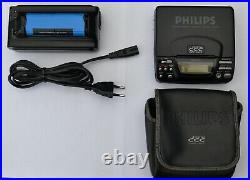
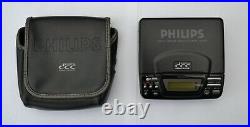
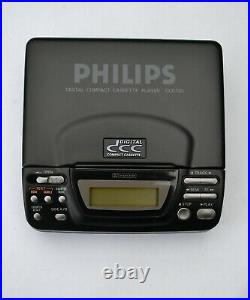
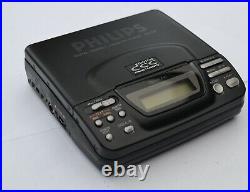
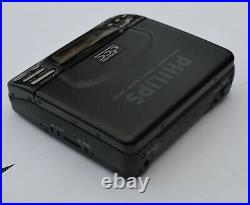
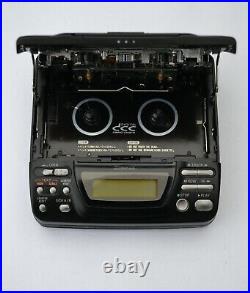
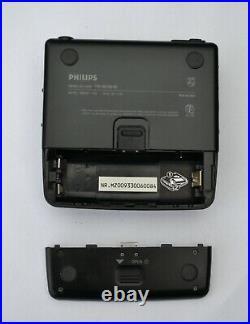
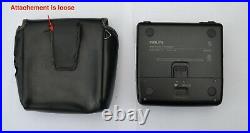

Refurbished battery (new cells). New belt has been placed into the unit and all functions are working as they should be. New belt and capacitors. Refurbished battery for the dcc player (new cells) player has some signs of wear (please take a look at the photos to make your own judgement). On the back of the case, the stitching to attach a belt is loose (see last photo). Particular the US and Canada. I’m very sorry to the majority of honest people out there but there are zero feedback members that don’t pay or scamming when the received the items. This results in the fact that i don’t sell items to zero feedback members. The DCC130 has a digital SP/DIF output. Most consumer portable digital equipment produced since the early 1990’s conforms to the SP/DIF standard, and the DCC130 is no exception. The output plug provided is a full-sized optical Toslink connector. The fact that the plug is a full-sized Toslink is significant, since even the latest Minidisc and DAT portables lack this important feature. This digital output allows easy connection to other digital audio equipment without the need for any kind of adapter. By comparison, Sony’s first Minidisc recorder, the MZ-1 (also released in 1992), had an SP/DIF optical output which used an optical miniplug, which required a special adapter or a special type of cable before it could be used with other digital equipment. This made Philips the first to provide such a feature on a portable. Plays regular analog and digital DCC tapes. With the DCC format, the user was able to slowly upgrade to a new digital format, without the necessity of leaving an older format behind altogether. Both analog tapes and digital tapes could be played back on the DCC130, and any other DCC equipment. When analog tapes are played back in the DCC130, a frequency range of 20 Hz – 18 kHz can be heard, with a dynamic range exceeding 90dB. Although the ability to play analog tapes back in the DCC130 is a nice feature, in hindsight the public didn’t really care too much if DCC equipment was “backwards compatible”. Anyone who could afford the DCC130’s hefty price tag was generally not concerned about playing back analog cassettes anyway. Therefore, this “advantage” went virtually unnoticed by most consumers. The DCC130 is built like a tank. The exterior feels like it is made of cast iron. It is heavy as a brick, and will very likely last forever. I have never seen a DCC130 fail. This reliability is also seen in many of Philips other first-generation DCC equipment, such as the DCC900. Backlit display on main unit. The DCC130 has a very nice LCD display, which has a green backlight when plugged into an AC power source. The display makes it very easy to see the LCD screen. This backlight is invaluable when it comes to editing between the DCC130 and another DCC deck. The DCC130 can be used to play digital tapes and edit them on a recording deck. The item “Philips DCC130 Portable Digital Compact Cassette RESTORED” is in sale since Sunday, November 8, 2020. This item is in the category “Consumer Electronics\Portable Audio & Headphones\Personal Cassette Players”. The seller is “2015.neijn” and is located in Weert. This item can be shipped worldwide.
- Model: DCC130
- Country/Region of Manufacture: Netherlands
- Playable Media Format: DCC
- Features: Belt Drive
- Color: Black
- MPN: Does Not Apply
- Brand: Philips

Categories: philips Tags: cassette, compact, dcc130, digital, philips, portable, restored